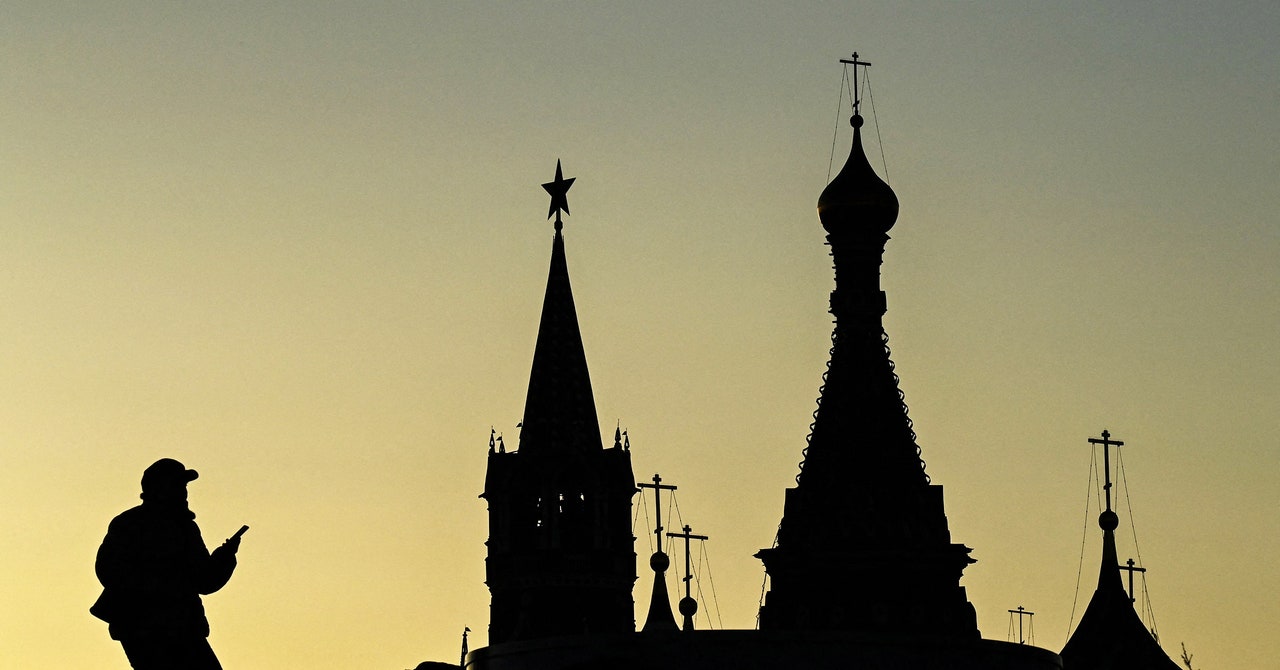Aleks bought a one-way ticket from Russia on February 21, right after Vladimir Putin recognized the breakaway Ukrainian territories of Donetsk and Luhansk as independent states. A software developer who works remotely for a European tech company, Aleks – who asked to withhold his full name – says this was a sign that worse things were on the way. “I thought, Putin won’t stop there,” he says. He would probably try to take Ukraine by force. That’s, well, basically what happened.”
Facing the likelihood of crippling sanctions, a plummeting ruble and a country turning aggressively inward, Aleks reached the airport with his wife and jumped on a plane to Georgia, where he has several relatives. He was one of the first Russian technology workers to flee to neighboring countries at the start of the Ukrainian war, but he soon realized that he certainly wouldn’t be the last. In recent weeks, crowds of fellow Russian techies have joined him in Tbilisi, sending rents skyrocketing. “The real estate market is empty. You can’t find anything, and if you can, it will cost you three or two times more than a month ago,” he says. But for now, Aleks’ future is there. Going back to Russia scares him too much.
The Russian invasion of Ukraine has sparked a humanitarian crisis of unprecedented proportions, with the displacement of more than 10 million Ukrainians flee their country, according to the UN High Commissioner for Refugees† But tens of thousands are also leaving Russia, fearing that Putin’s war regime will destroy their livelihoods, career prospects and individual freedoms.
Many members of this self-banned mob are technology workers. Because of their interconnectedness with the global digital economy, they quickly felt the pain of sanctions and the departure of Western tech companies, and can more easily live off their laptops, regardless of their location.
According to RAEK, a Russian technology trading group, between 50,000 and 70,000 tech workers have already fled Russia and another 70,000 to 100,000 could leave by April. Now that flights to the West have been cancelled, they’ve headed for countries where Russian citizens can still travel visa-free.
Konstantin Vinogradov, the London-based Russian-born director of global VC firm Runa Capital, has teamed up with other industry figures to create a “talent pool” website featuring anti-war tech workers from Russia, Belarus. (which supports the Moscow army). maneuvers), and Ukraine finds suitable jobs elsewhere.
“They are mainly software engineers and data scientists. There are a lot of people from big Russian technology organizations like Yandex, VK, Sberbank,” says Vinogradov. “But there are plenty of smaller ones.”
About 2,000 people have entered the pool and Turkey, Armenia and Georgia are the top destinations for those who have already moved. A New York Times article says the Armenian government estimates that about 80,000 Russians have entered the country since the war started on Feb. 24, and 20,000 of them are still there; the Georgian economy minister estimated that number to be between 20,000 and 25,000, which he said was comparable to the figures for 2020. Many of these people are planning to go elsewhere: 90 percent of the participants in Vinogradov’s talent pool indicated the UK, Germany and the Netherlands as their favorite final destinations.

